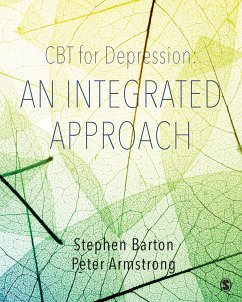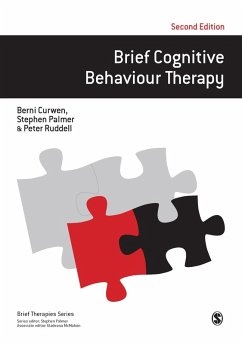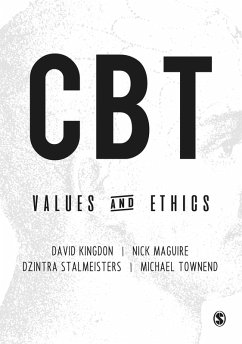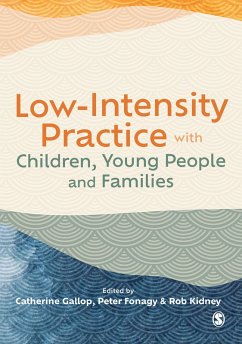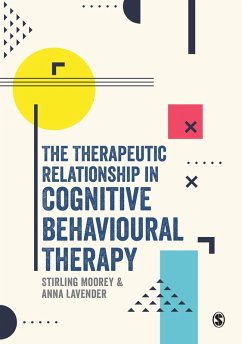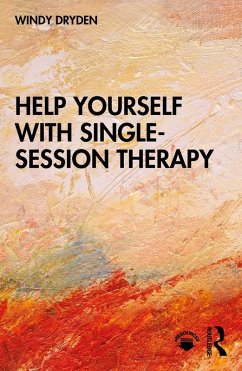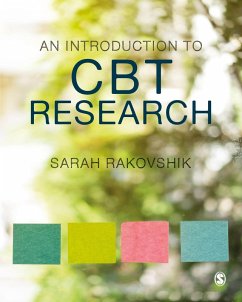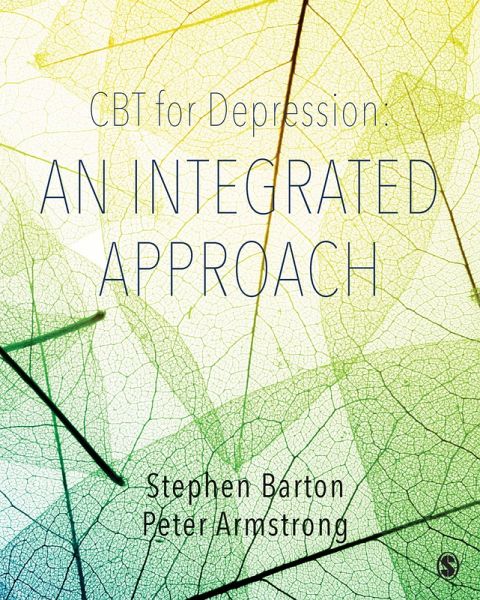
CBT for Depression: An Integrated Approach (eBook, ePUB)
Versandkostenfrei!
Sofort per Download lieferbar
32,95 €
inkl. MwSt.
Weitere Ausgaben:

PAYBACK Punkte
16 °P sammeln!
This book introduces an approach to CBT for depression that integrates cognitive-behavioural models, evidence and therapies. Rooted in evidence-based practice and practically focused, it draws on components of first, second and third-wave CBT to help readers tailor therapy to the needs of individual clients. There is a particular focus on challenging presentations: the authors equip students with the skills to work with different depression sub-types, co-morbid disorders and a broad range of bio-psychosocial factors that can complicate depression and its therapy. Linking theory, evidence and c...
This book introduces an approach to CBT for depression that integrates cognitive-behavioural models, evidence and therapies. Rooted in evidence-based practice and practically focused, it draws on components of first, second and third-wave CBT to help readers tailor therapy to the needs of individual clients. There is a particular focus on challenging presentations: the authors equip students with the skills to work with different depression sub-types, co-morbid disorders and a broad range of bio-psychosocial factors that can complicate depression and its therapy. Linking theory, evidence and case illustrations, the authors provide a wealth of practical tips that support clinical practice. In-depth cases studies and client contributions add further depth to this rich and stimulating book. This book is relevant to those taking postgraduate training courses in mental health such as CBT therapists, counsellors, nurses, clinical psychologists, occupational therapists, social workers and psychiatrists.
Dieser Download kann aus rechtlichen Gründen nur mit Rechnungsadresse in A, D ausgeliefert werden.




